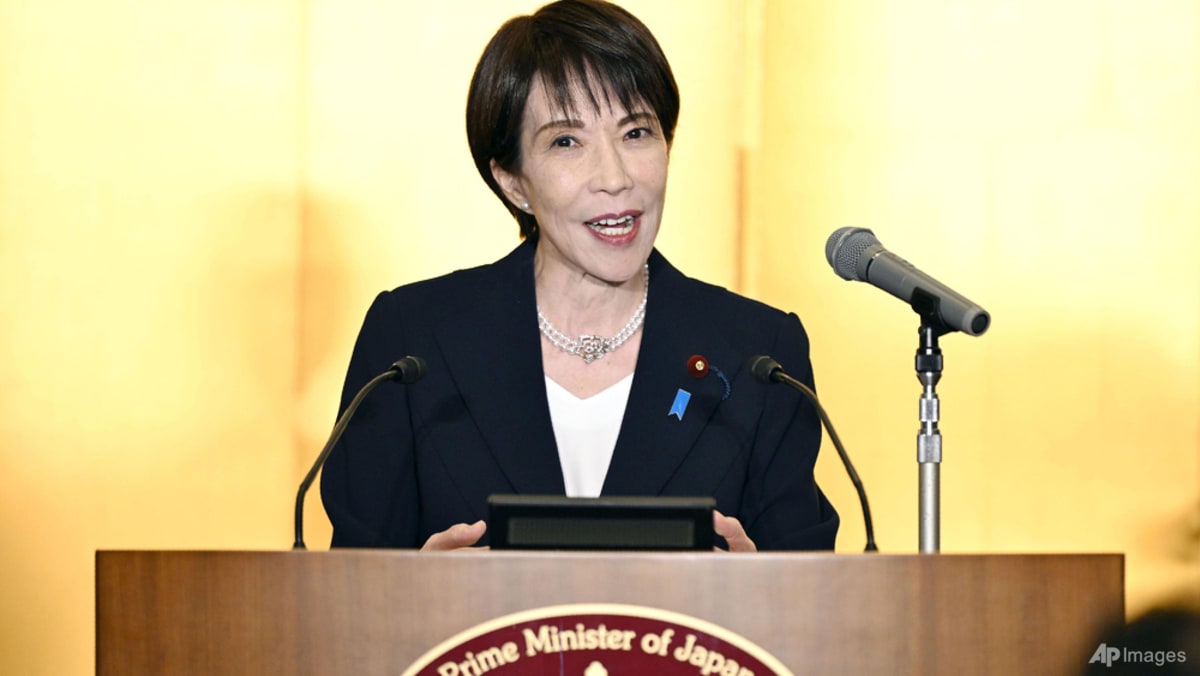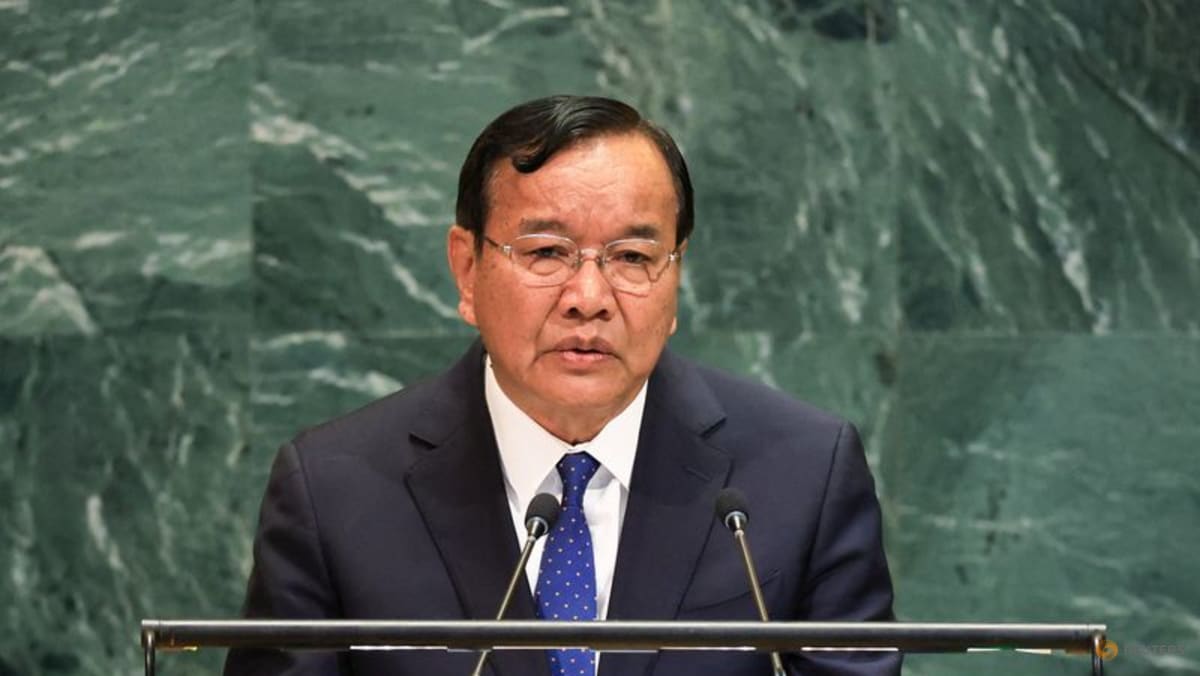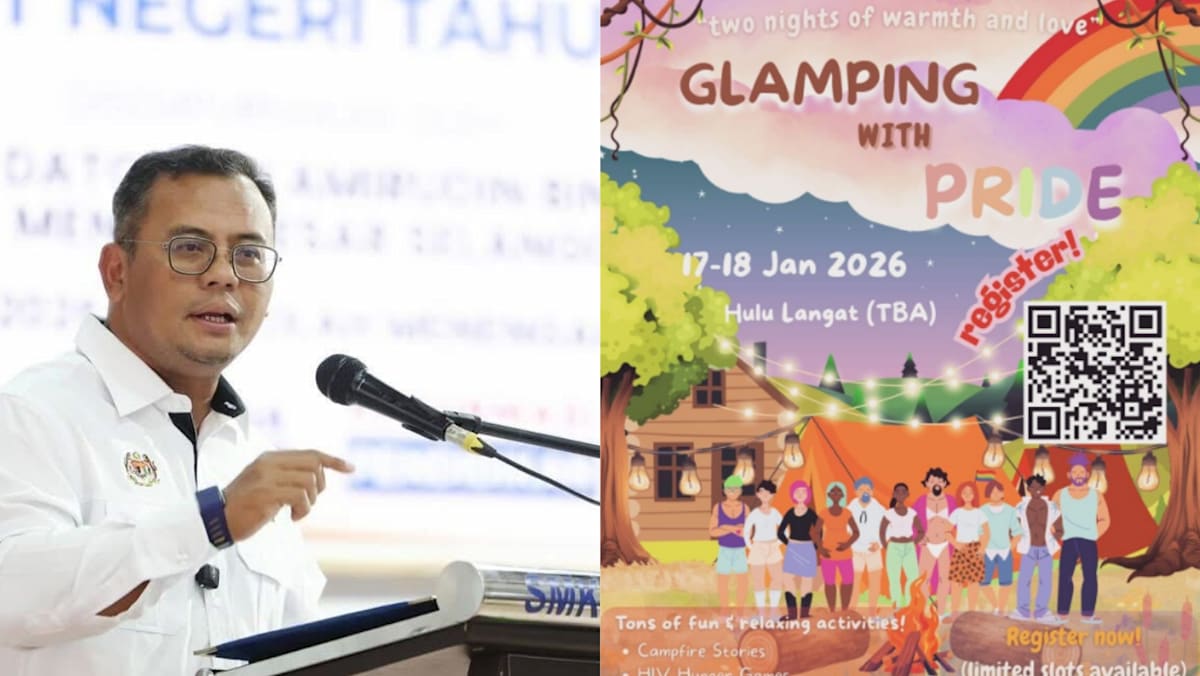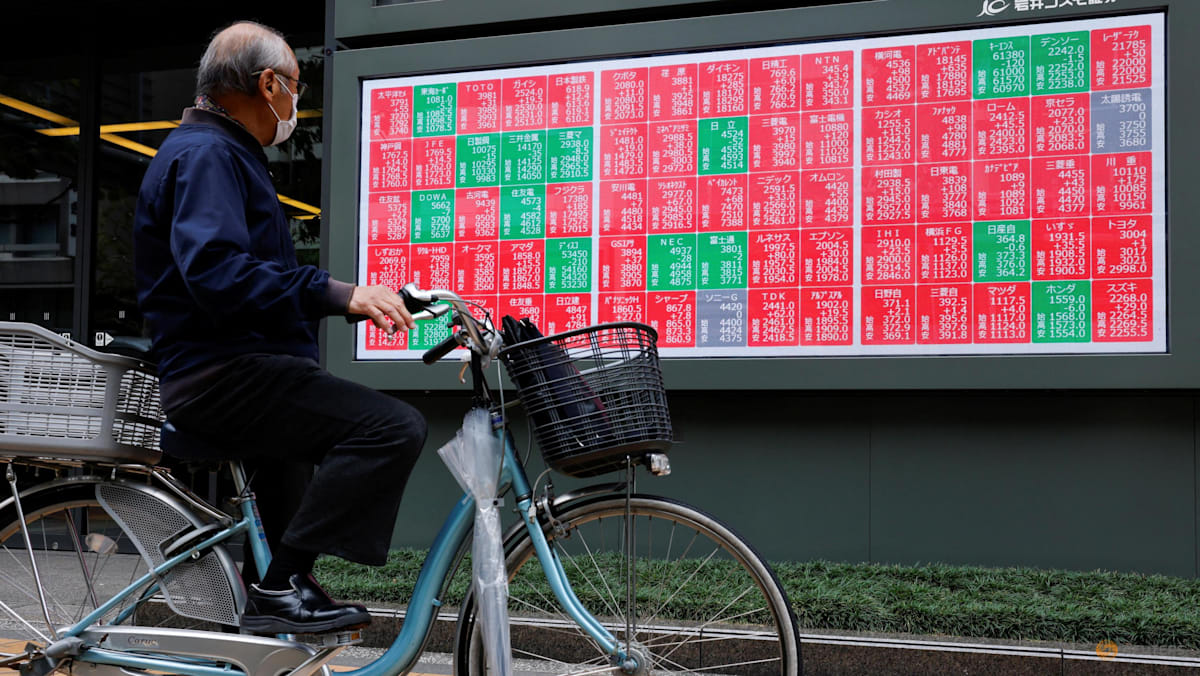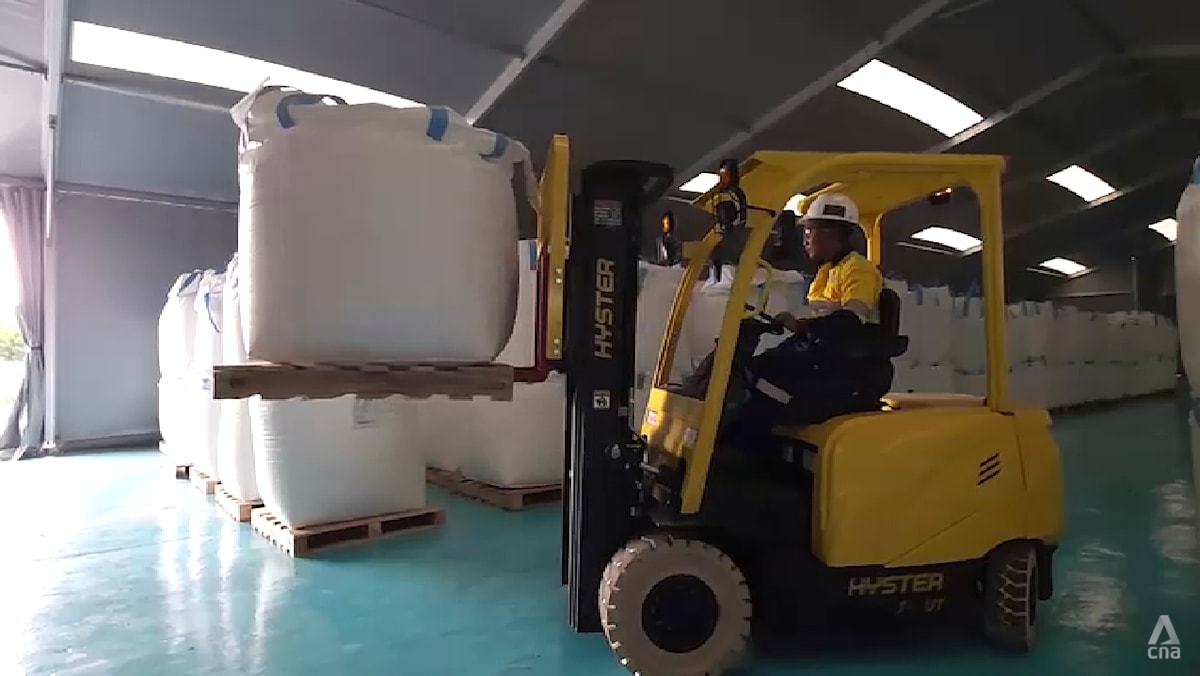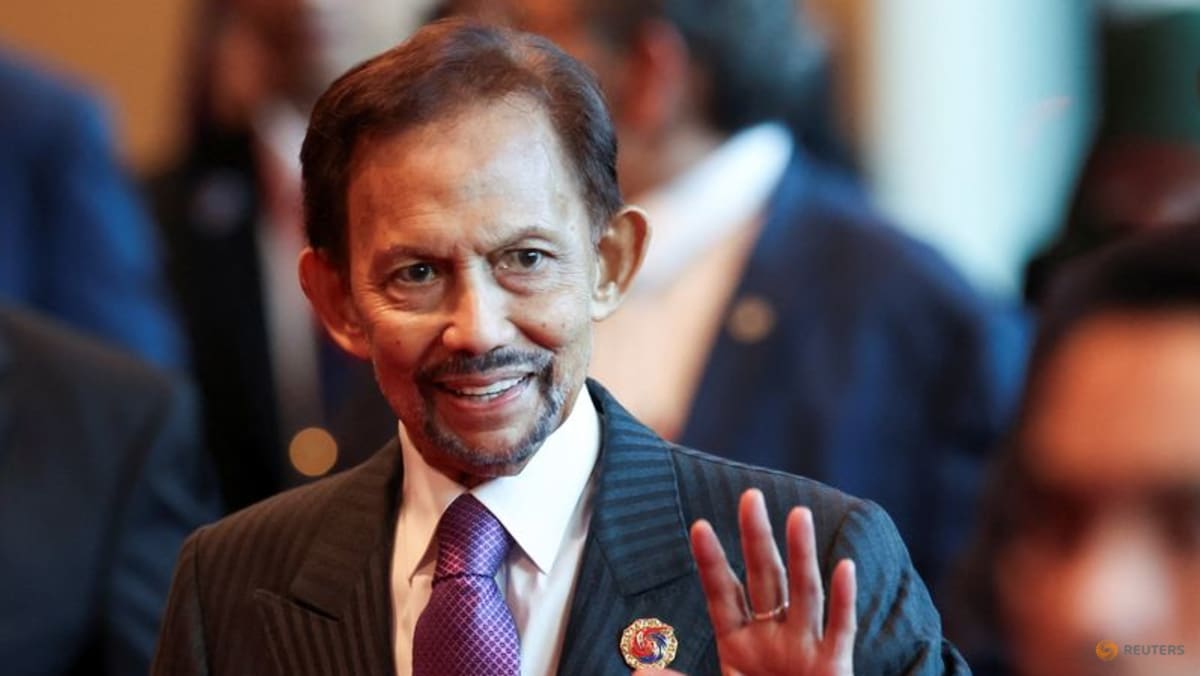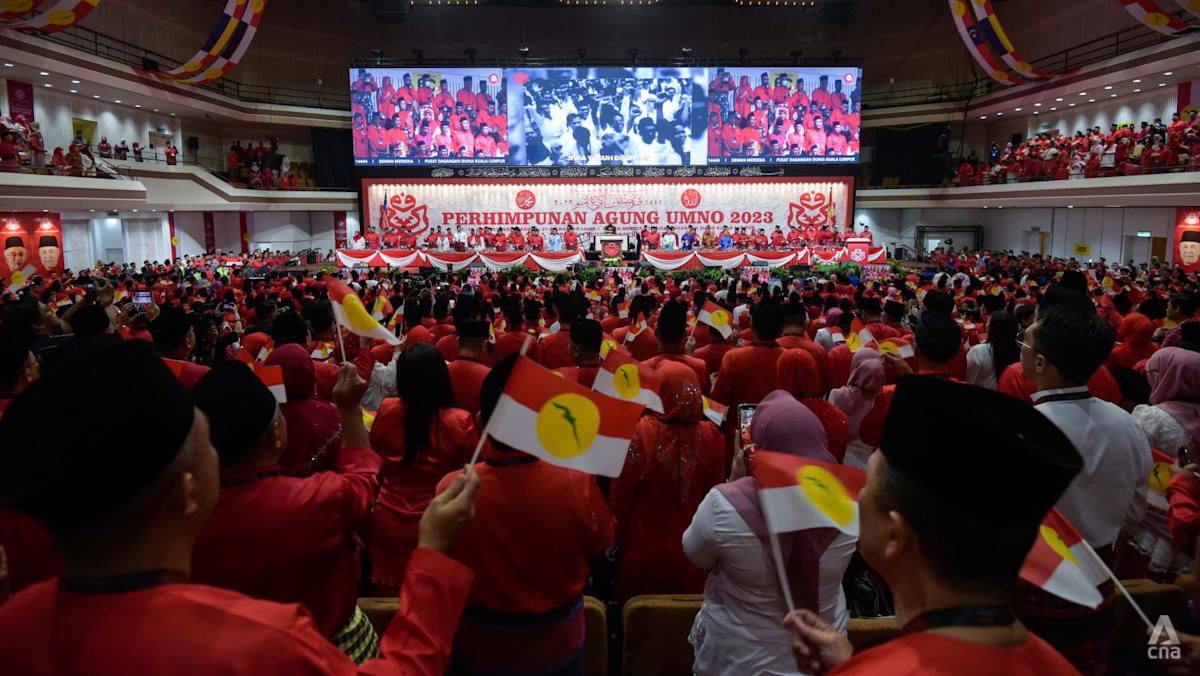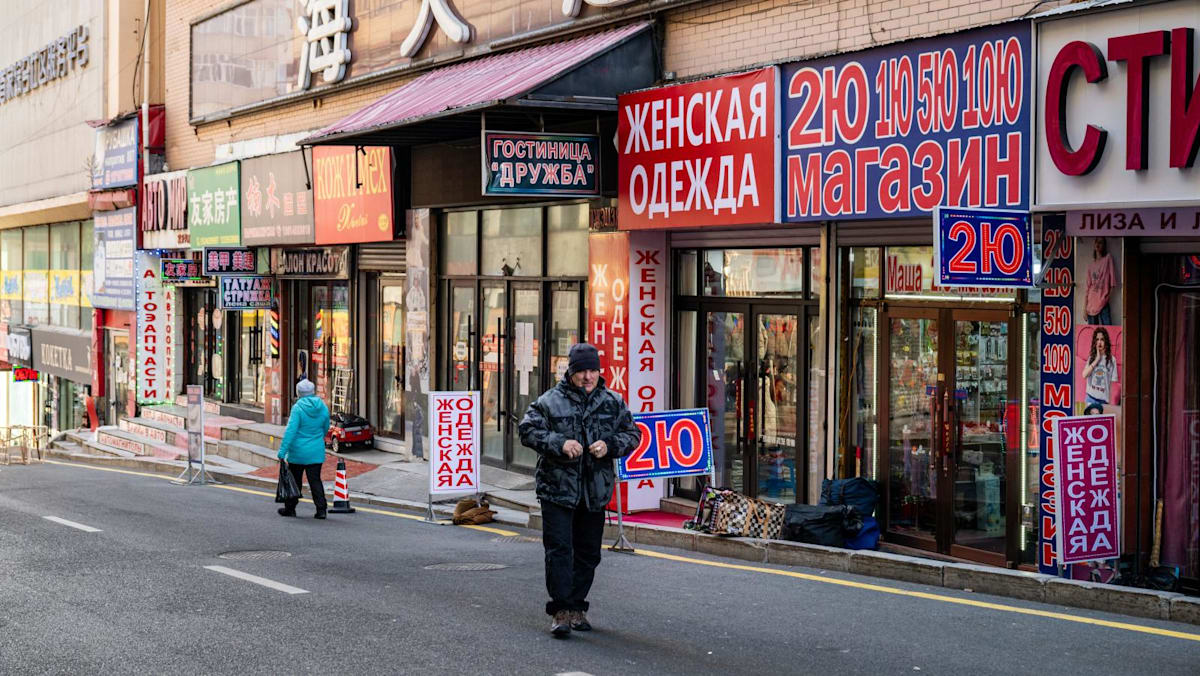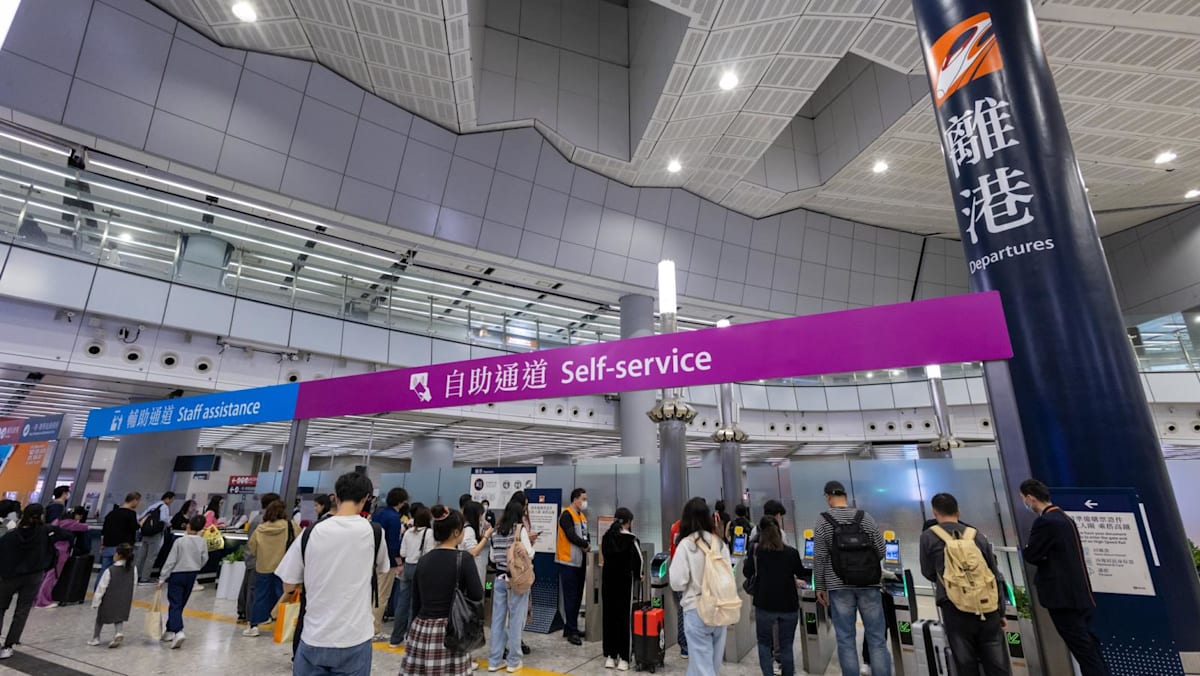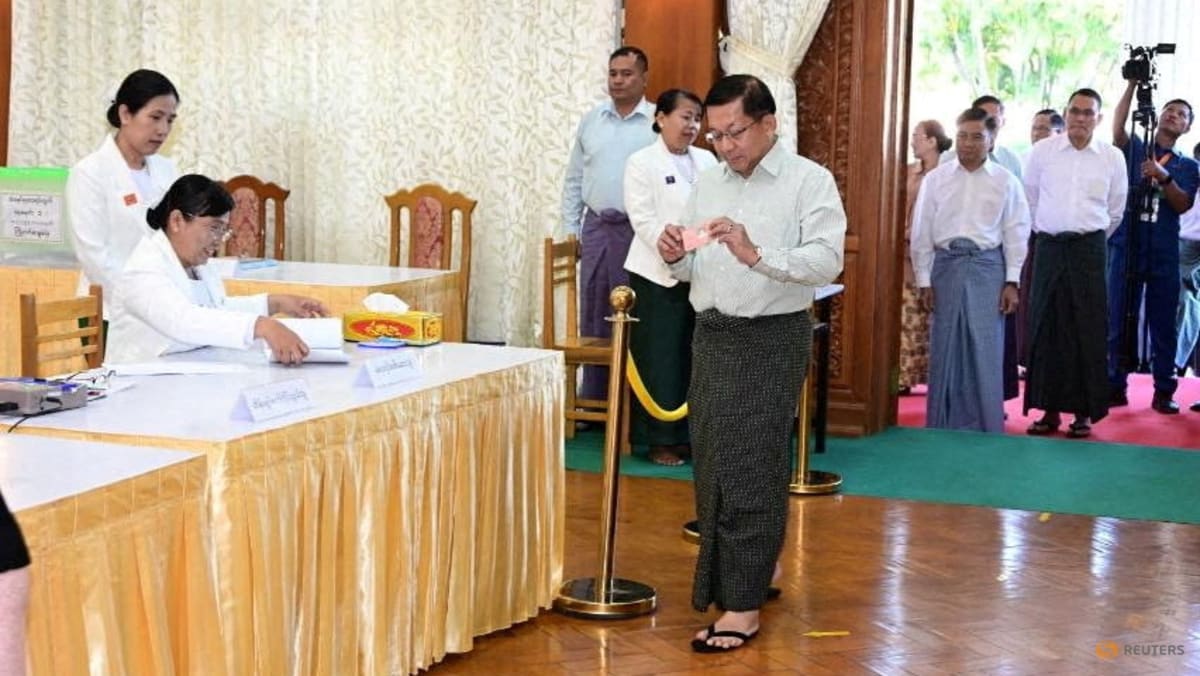‘New wave’ as start-up sweeps up Thai ocean plastic

KOH CHANG, Thailand: As a long-tail boat arrives at a fishing village on the southern Thai island of Koh Chang, residents gather to sell their wares – not seafood, but plastic.
The villagers, members of the semi-nomadic Moken people, are selling to Tide, a start-up attempting to create new value from old plastic collected from or near the sea.
Recyclers have long scooped up some of the over 6 million tonnes of plastic that the Organisation for Economic Co-operation and Development estimates enters the ocean each year.
But Tide works directly with everyone in the process, from collectors in remote Thai fishing villages to carpet manufacturers in the Netherlands.
Its plastic is traceable and certified as “ocean-bound” – a process that involves annual audits by an NGO.
It is processed using a method Tide says results in a recycled product of comparable quality to virgin plastic.
“We are convinced there is more than enough plastic in our world and we should take what already exists,” said Marc Krebs, a co-founder of the Swiss company.
On Koh Chang, a 30-minute speedboat ride from the sleepy southern town of Ranong, the Tide boat’s arrival prompts a flurry of activity.
Mimi, 65, has brought out several old rice sacks of bottles that join a growing heap of torn fishing nets, old rope and discarded jerrycans.
“The more I collect, the more arrives. I can’t collect it all,” she told AFP, declining to give a family name.
The villagers live along the beach in ramshackle wooden homes on stilts.
Underneath, the high tide mark is clear – behind it is a carpet of refuse, from polystyrene boxes and flip-flops to take-away cups and crisp packets.
Only a small portion is commercially viable for recycling. Tide buys six categories, including fishing nets and common types of plastic bottles (PET) and cartons (HDPE).
“Each day, we have a lot of products that we can’t sell and can’t recycle, and I’m sure there is much more of it in the ocean,” Tide’s Thailand operations director, Nirattisai Ponputi, told AFP.
Source: CNA



